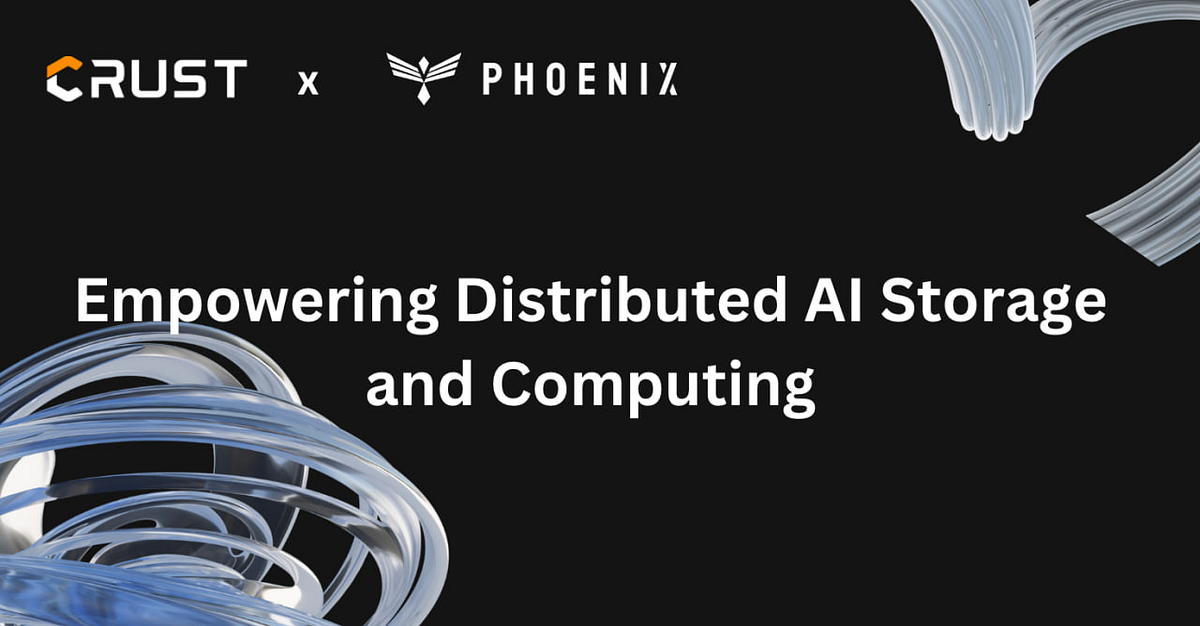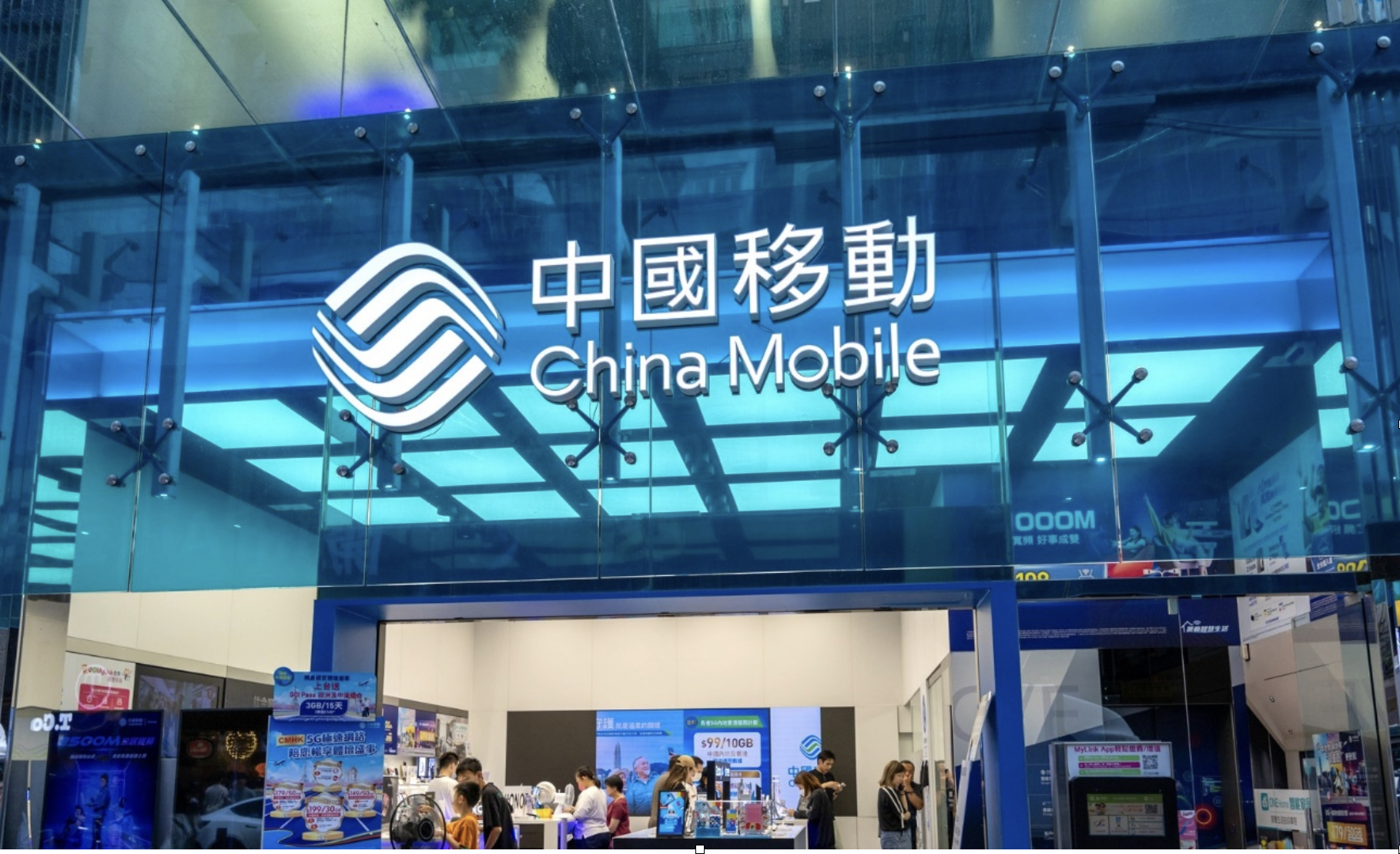Latest Phoenix News

9 months ago
Phoenix Partners with Origin Quantum to Democratize Quantum Computing
Phoenix has announced a strategic partnership with Origin Quantum, a leading quantum computing firm in China, to integrate its 72-qubit superconducting quantum chip into a decentralized AI and compute network. This collaboration aims to democratize access to quantum computing, making it more accessible to a broader audience. By leveraging Origin Quantum's advanced technology, Phoenix plans to create virtualized nodes that will deliver quantum computing capabilities in a simplified API format and through a quantum compute terminal, significantly reducing costs and complexity associated with deployment and development.
The foundation of this partnership lies in Origin Quantum's latest superconducting quantum computer, known as "Origin Wukong," which boasts 72 working qubits and 126 coupler qubits. This technology is already operational and has been applied in various fields, including biosciences, material engineering, and quantum machine learning. Notably, the latest advancements in quantum AI have seen implementations of deep neural networks on Origin's quantum computers, marking a significant step forward in the integration of AI and quantum technologies.
To further enhance accessibility, Phoenix is developing QuantumVM, a web-based quantum computing platform that will allow users to run quantum applications without the need for coding expertise. This initiative is expected to launch in early Q2 2025, providing researchers and developers with the tools to create and execute quantum functions easily. Tiger Li, Ecosystem Head of Phoenix, emphasized the importance of this partnership, stating that it represents a novel approach to computing and aims to combine cutting-edge technology with practical applications in both AI and quantum fields.

a year ago
Crust Network Partners with Phoenix AI to Enhance Decentralized Storage for AI Applications
The rapid evolution of artificial intelligence (AI) technologies, particularly in the realm of large language models (LLMs) and AI-generated content, necessitates a corresponding advancement in decentralized storage and computing infrastructures. Recognizing this critical need, Crust Network has announced its partnership with the Phoenix AI Ecosystem as the first decentralized physical infrastructure network (DePIN) storage-focused partner. This collaboration aims to enhance the capabilities of decentralized storage, which is essential for supporting the data requirements of AI applications, thereby fostering a more robust DePIN infrastructure.
Crust Network operates as a layer 1 blockchain built on substrate, incentivizing the creation and utilization of storage orders and nodes on the InterPlanetary File System (IPFS). With over 1,000 global nodes and a total storage capacity exceeding 700 petabytes, Crust has established itself as a leading decentralized cloud storage solution. The partnership with Phoenix AI will provide Crust with access to idle compute resources through Phoenix’s SkyNet AI Node Network and SkyNet Elastic Compute. This integration not only expands Crust's ecosystem beyond storage nodes but also enhances its ability to support AI-driven workloads, thereby accelerating the growth of DePIN infrastructure.
In addition to accessing compute resources, Crust Network will offer enhanced AI storage solutions by integrating with SkyNet. This partnership provides an alternative decentralized storage option alongside Filecoin for Phoenix AI’s models and datasets, granting AI developers greater flexibility and resilience in managing critical data. Phoenix AI itself is a decentralized elastic compute infrastructure designed for the seamless training and deployment of next-generation AI applications. Through this strategic alliance, Crust Network and Phoenix AI are poised to redefine the landscape of AI infrastructure, ensuring that storage and computing capabilities evolve in tandem with technological advancements.

a year ago
China Mobile's Migu Partners with Phoenix for AI-Generated Content in Metaverse
China Mobile's digital content subsidiary, Migu, has announced a strategic partnership with Phoenix, a decentralized AI infrastructure platform, to enhance its applications in the metaverse and gaming through scalable AI-generated content (AIGC) infrastructure. As the largest wireless carrier in China, serving over 1 billion users, Migu caters to more than 900 million users across its diverse offerings, including video streaming, gaming, and music apps. This collaboration aims to leverage AIGC capabilities to create innovative and immersive digital experiences, which have become a focal point for Migu in recent years.
The integration of AI-powered content into the metaverse and gaming sectors presents significant challenges, requiring a robust combination of AIGC models for images, 3D content, and videos, alongside a scalable AI compute infrastructure. Phoenix's DePIN-based elastic AI compute layer, known as SkyNet, along with its ready-to-use AIGC modules within Phoenix GenAI, provides a comprehensive solution for real-time AIGC capabilities. These include functionalities such as text-to-image generation, AI-to-3D conversions, and interactive non-player characters (NPCs) powered by large language model (LLM) chatbot technology.
Moreover, the open API platform as a service (PaaS) layer of Phoenix GenAI allows Migu's extensive app ecosystem to access and customize AI-generated content on a large scale, catering to its vast user base. One notable application of this partnership could be the creation of AI-generated NFTs within Migu's metaverse applications, showcasing the potential of AIGC in enhancing user engagement and experience. This collaboration marks a significant step forward in the integration of AI technologies within the digital content landscape, promising to reshape the future of interactive entertainment.

a year ago
Top DePIN Projects Ranked by Social Activity
TAO, RNDR, FIL, ICP, EGLD, WMT, DIONE, HOT, AR, and AKT are the top DePIN projects based on social activity according to Phoenix Group. TAO leads the list with 7.2K engagement posts and 1.0 million interactions. Following closely, RNDR, FIL, and ICP secure the next positions. AKT ranks last with 2.5K engagement posts and 279.5K interactions. The rankings are determined by factors like engaged posts, interactions, upvotes, retweets, comments, and likes.
Signup for latest DePIN news and updates